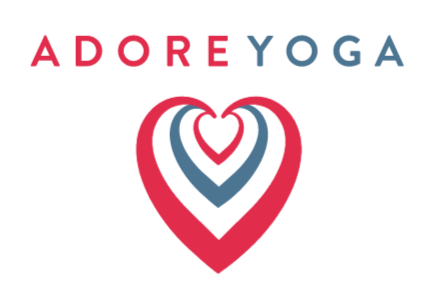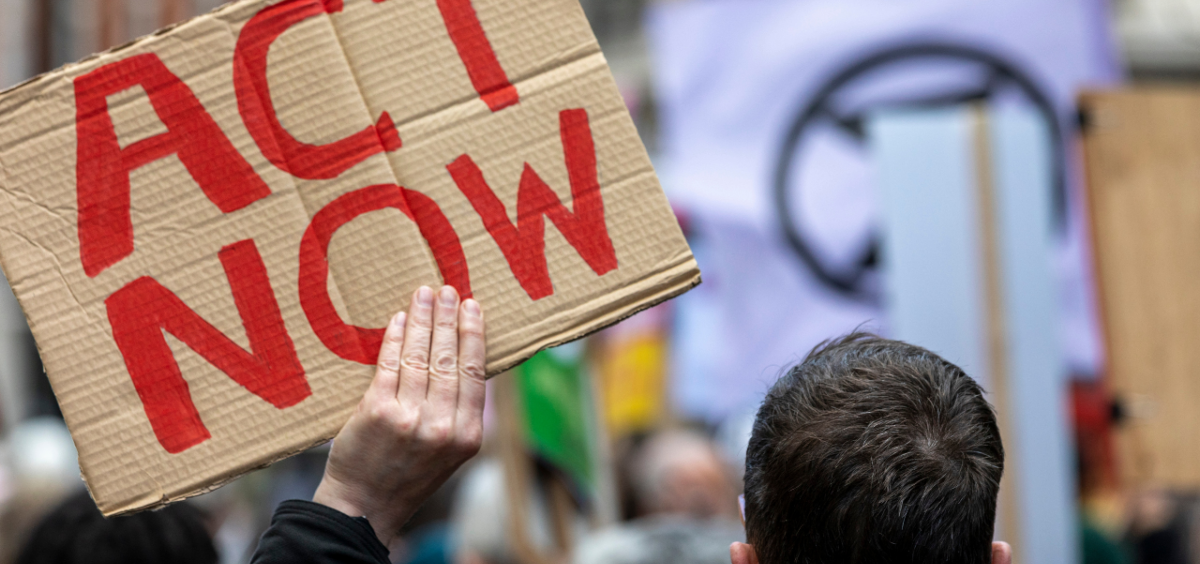How do we respond to social issues - as yogis?
How’re you feeling yogis? I know, it feels like the s**t show will never end. The overturning of Roe v Wade in the US is impacting millions of people. Those of us not living in the US watch on with horror, empathy and fear as it dawns on all of us that we can’t take anything for granted.
So how do we respond as yogis?
Is it ok to feel angry?
Is it ok to feel disheartened?
Is it ok to just carry on as usual?
Is it ok to engage in activism?
Here’s what I think:
Yes.
Yes.
Well, usual has changed. Again.
Remember the word karma means ‘action’.
Here’s my process for figuring out how to respond to what’s going on around me:
- Understand how I feel about it. Not what I think, but what I feel.
- Understand what’s going on from multiple viewpoints, not just my own.
- Understand my capacity to engage with the issue. What physical, intellectual and emotional resources do I have to deal with this?
Here’s how yoga helps me through this process:
1. Understand how I feel about it.
This is a tough one for me. I’m all about thinking - feeling is way too uncomfortable. But 30 years of practising yoga has taught me to pay close attention to the uncomfortable stuff. Don’t ignore it. Don’t poke it. Just be present to it.
I practice feeling into body sensations when I hold an asana that is a little challenging (but NEVER beyond what is safe and helpful for my body). I practice observing the feelings that ambush me when a meditation gets too long or intense (that can be within 3 minutes some days!) I take time to notice, feel and be.
It's challenging, but with sustained effort, these practices build a level of awareness that slide off the mat and into my everyday interactions. How do I really, honestly feel? That's my compass.
2. Understand what’s going on from multiple viewpoints, not just my own.
If you’re a yoga teacher, or even just looked around a yoga class, you’ll notice that everyone makes a different shape when they do a pose. But that’s just the tip of the iceberg. The differences in the subjective, internal experience of doing a pose are much bigger than the observable physical differences.
This can be a hard thing to work with - how do you support a student’s practice when you have no idea what they’re experiencing on the inside?
Having trained thousands of yoga teachers and yoga therapists over the years, I’ve noticed that many teachers start out by prioritising the practice over the person. They’ll see the benefits of doing down dog, rather than the benefits (or harms) of THIS person doing down dog. There’s a sense that everyone will get the benefits eventually, if they just try hard enough. But that’s not true.
Different physiology, life stage, perspective and many other factors will dramatically impact how a pose is experienced by the individual. It’s not about modifying a pose so that somebody who is differently abled can do it. It’s about understanding that person's experience and supporting them to find a practice that meets their needs.
And it’s not just about the physical practice. As yoga teachers and practitioners, we should always ask ourselves: how welcoming is this space? Is it safe and accessible to everyone? That can take a bit of work - we don’t know what we don’t know. As a white, able bodied cis woman, I have to listen carefully to diverse perspectives and consider the impact that my opinions, actions and assumptions have on people who don’t experience the world in the same why that I do. If I get angry about a political decision or social norm that demonstrates zero understanding of the impact it has on me, I need to pay more attention to the gaping holes in my own understanding and how what I do impacts others.
3. Understand my capacity to engage with the issue. What physical, intellectual and emotional resources do I have to deal with this?
This is A. BIG. ONE. I have a track record of galloping into battle, only to find I don’t have enough (or the right) resources to take effective action when I get there. If you’re going to engage with an issue, figure out the most effective and sustainable way for YOU to do it. Because burn out is real.
Taking action according to our individual capacity is the message of the Bhagavad Gita. Arjuna is a warrior, and so his action must be to take up arms. Krishna tells Arjuna not to get hung up on the potential outcomes of his actions. He tells him to do what needs doing, and leave the rest to Krishna.
We can all take action. But, if you’re not a warrior like Arjuna, that action might look very different. Yoga teaches us to tune into our bodies and emotions. Meditation teaches us to observe our thoughts. This is the process for understanding our capacity and knowing what action to take. That’s what karma means (literally) - action.
The issues facing us today call for ongoing action. A sustained yoga practice will help you to determine how and when to take that action. And it will support you every step of the way. Pace yourself, yogis.

